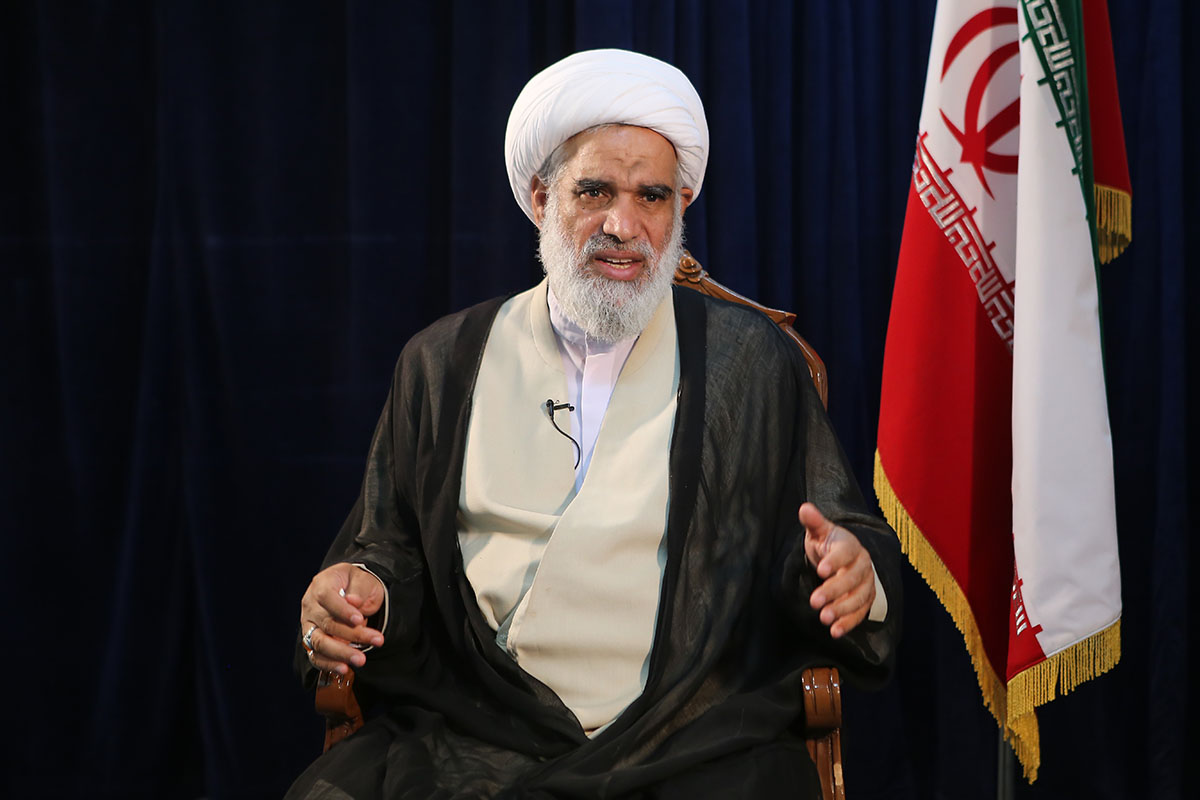
RNA – Speaking to Rasa News Agency, Ayatollah Abbas Ka’bi, a member of the Assembly of Experts, referred to Supreme Leader's nine requirements for properly implementing the JCPOA and stated that these points are very important and historic and reflect the Supreme Leader’s firm position during Iran’s negotiations with the P5+1 group of countries and the implementation of the agreement.
His Eminence said the Supreme Leader’s letter is a road map for Iran in the post-JCPOA era and added that the nine-point requirements are binding for the Iranian government from a legal, religious, moral and national perspective and stressed that they must be implemented because Ayatollah Khamenei’s statements reflect the will of the people, the will of the Islamic Revolution, the revolutionary discourse and sacred Islamic law.
Ayatollah Ka’bi stated that any violation of the commands given by the Supreme Leader is not permissible and said that with this letter, Ayatollah Khamenei blocked the ability of the United States to manipulate Iran through the JCPOA. “Through this letter, the Supreme Leader created united the Iranian people against the US and also, his actions led to the implementation of the JCPOA in accordance with the red lines of the Islamic Republic of Iran,” he said.
The member of the Society of Seminary Teachers of Qom added that this letter is a conclusion to the disputes over the JCPOA issue and it shows that the implementation of the JCPOA is much more complex and more difficult than agreeing to it, adding: “For this reason, we must constantly be vigilant over issues such as the lifting of sanctions, the enjoyment of full nuclear rights and advancing the resistance economy.”
Ayatollah Ka’bi stressed the need for the government to cover the weaknesses of the JCPOA, saying that the government should use its authority to protect the country’s national interests and authorities must not violate the red lines that the Supreme Leader expressed during the negotiations.
He said the Iranian government should make all decisions based on the resolutions agreed upon by the parliament and upon these nine requirements, which are binding, and not make decisions based on the demands of the other side.
The representative of the people of Khuzestan in the Assembly of Experts stressed that Iran’s internal interpretation should be accepted rather than the interpretation of the P5+1 group of countries and now that the JCPOA has been signed, the government should focus on lifting the sanctions, the resistance economy and creating economic prosperity in order to solve the basic economic problems facing the country, which had taken a backseat while the nuclear issue took prominence.
111/112